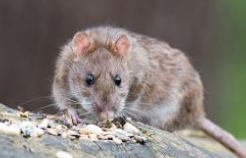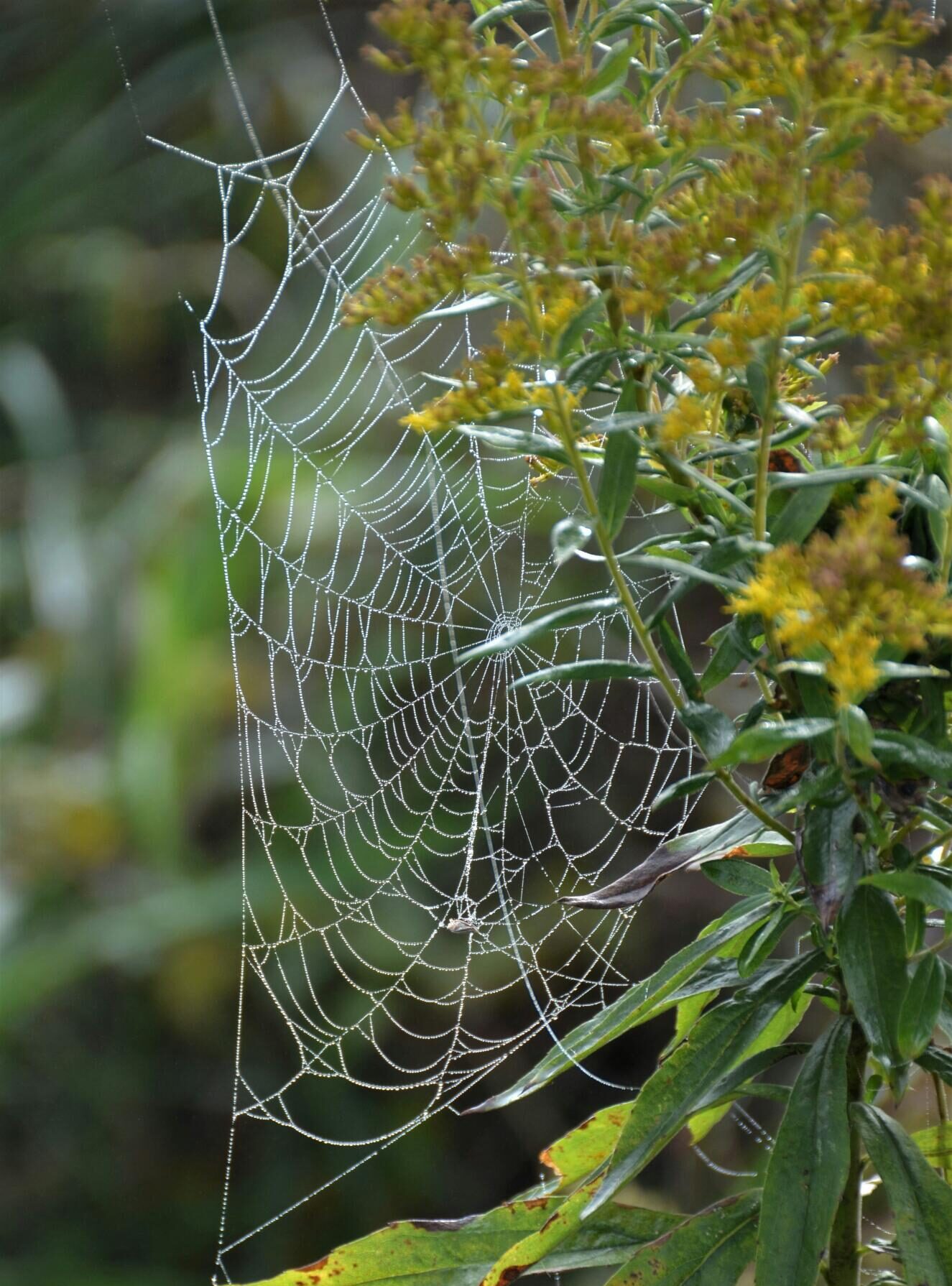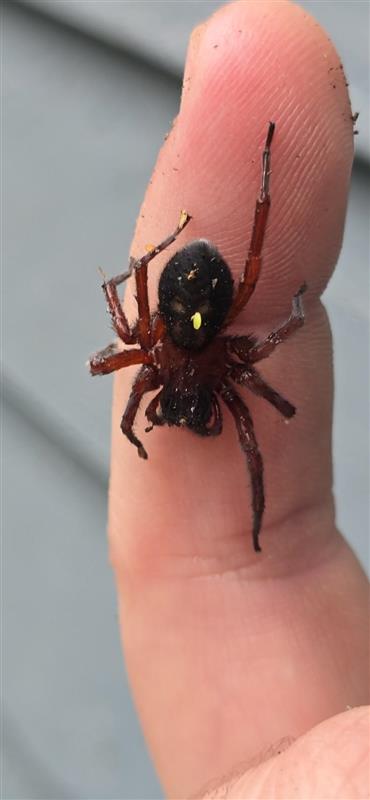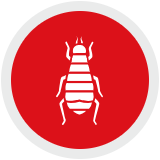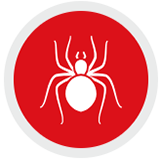You clean the house, shut the windows, and still there’s a spider in the corner. Sound familiar? Spiders are a common household nuisance, especially during warmer months or seasonal changes.
Here’s something you might not know. If house spiders don’t find what they need, they often move on within days or weeks. But here’s the catch- they can live undetected for up to two years!
If you’re ready to stop the surprise sightings, this guide is for you. Learn how to keep spiders out of your house with expert-backed prevention methods, natural repellents, and real tips that work.
Understand Why Spiders Come Indoors
Before exploring how to repel spiders, it helps to understand what attracts them inside. Spiders typically enter your home for three reasons:
- Food: They eat other insects, so if your house has a lot of bugs, spiders will follow
- Shelter: Spiders look for dark places like basements, attics, and storage boxes
- Mating: Some spiders wander indoors during mating season, often in late summer and early fall
Seal Entry Points
One of the most critical prevention methods is blocking their way in. Consider the following:
- Inspect doors and windows for openings and seal them using weatherstripping or caulk
- Check screens for tears and repair or replace them
- Seal cracks in the foundation or walls using silicone caulk or expandable foam
- Install door sweeps to close the gap between the floor and the door
Spider-proofing your home is the first step in long-term prevention.
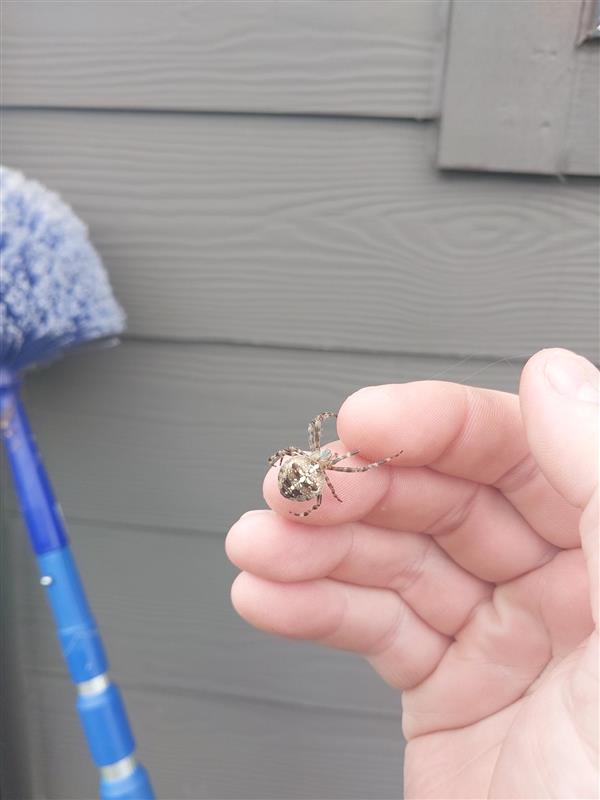
One of the spiders caught in our sweeping services
Declutter to Eliminate Hiding Spots
Spiders hide in undisturbed areas where they feel safe. Removing those hiding spots is one of the simplest spider prevention methods. Here are some tips to get started:
- Vacuum regularly, especially along baseboards, in corners, and under furniture
- Dust shelves, ceilings, and behind appliances
- Use sealed plastic containers for storage rather than cardboard boxes
- Clear out unused items in basements, attics, closets, and garages
Clean homes are less appealing to both spiders and their prey.
Remove Their Food Source
If your home has a lot of flying or crawling insects, spiders will stick around for the buffet. Reducing other bugs is essential for spider control. To cut down on other pests:
- Store food properly and clean up crumbs right away
- Take out trash regularly and use sealed bins
- Fix leaks and reduce moisture to avoid attracting cockroaches and ants
- Turn off outdoor lights at night, as they attract moths and other bugs that spiders feed on
- Use screens and door seals to keep flying insects out
Addressing the food source helps break the cycle. A licensed pest exterminator can help identify and eliminate the source to prevent a severe infestation.
Use Natural Spider Repellents
If you want to avoid synthetic sprays, you can rely on natural repellents that are safe for kids and pets. Here are some options to try:
- Peppermint oil: Add 10-15 drops to water in a spray bottle and spray along doorways
- White vinegar: Create a 50/50 mixture of vinegar and water for use on spider entry points
- Citrus peels: Place lemon peels or orange peels in spider-prone areas
- Cedarwood: Use cedar blocks, hangers, or sachets in closets and storage areas
- Chestnuts and eucalyptus: Anecdotal evidence suggests that spiders avoid them, though results vary
While these remedies can help reduce spider activity, they work best combined with consistent cleaning and sealing efforts.
Keep the Outside Tidy
What’s around your house can affect what gets inside. A cluttered or overgrown yard creates the perfect environment for spiders to thrive. Keep the exterior of your home as insect-free as possible by:
- Pruning back trees or bushes that touch the house
- Removing leaf litter and mulch buildup near the foundation
- Cleaning out gutters to avoid moisture and insect buildup
- Switching outdoor lights to yellow bug lights that attract fewer insects
- Storing firewood away from your house and off the ground
Regular outdoor maintenance makes it harder for spiders to settle near or inside your home.
Monitor with Sticky Traps
Sticky traps are an easy way to check on spider activity and identify problem areas. Place traps:
- Behind furniture
- In corners or closets
- Along baseboards
These traps won’t solve an infestation but help track progress and reveal where to focus your spider-proofing efforts.
When to Call a Pest Professional
Most households can manage spiders using the steps above. But it may be time to call a professional if you notice dangerous species, or if you’ve tried everything and they keep returning. A licensed pest control expert can:
- Inspect your home thoroughly for signs of spider nesting
- Identify spider species and assess potential danger
- Apply targeted, safe treatments inside and outside your home
- Offer long-term prevention methods, including perimeter spraying and follow-up services
Don’t wait for a spider bite or infestation. Professional pest control gives you peace of mind and lasting results.
Understanding Spider Patterns in the Seattle Climate
In the greater Seattle area, spiders are most commonly found indoors from August to October. This is when many species, especially males, become more active while searching for mates. Here’s a quick seasonal breakdown for Seattle:
- Spring (March-May): Spider activity is low but slowly increasing as temperatures rise
- Summer (June-August): Spiders are mostly outdoors, feeding and growing
- Fall (September-October): Peak indoor sightings, especially of larger house spiders
- Winter (November-February): Most outdoor spiders die off or go dormant, but indoor ones remain active in warm spaces
Seattle’s mild, damp climate makes it ideal for spiders year-round, but you’re most likely to notice them indoors in the fall.
Your Action Plan: How to Keep Spiders Out of Your House
Learning how to keep spiders out of your house doesn’t have to be complicated or stressful. Taking control with these practical tips helps you enjoy a spider-free living space and reduces the risk of infestations.
Eastside Exterminators has protected Seattle-area families since 1969. We combine decades of local expertise with the latest Anticimex SMART technology for smarter, chemical-free pest control. Our family-owned business delivers personalized service with highly trained technicians who understand the unique pest challenges of the Pacific Northwest.
Contact us today for expert, reliable protection you can count on.

 (425) 318-7912
(425) 318-7912
 MY ACCOUNT
MY ACCOUNT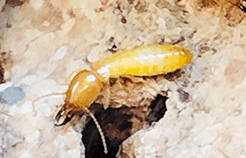
 425-318-7912
425-318-7912